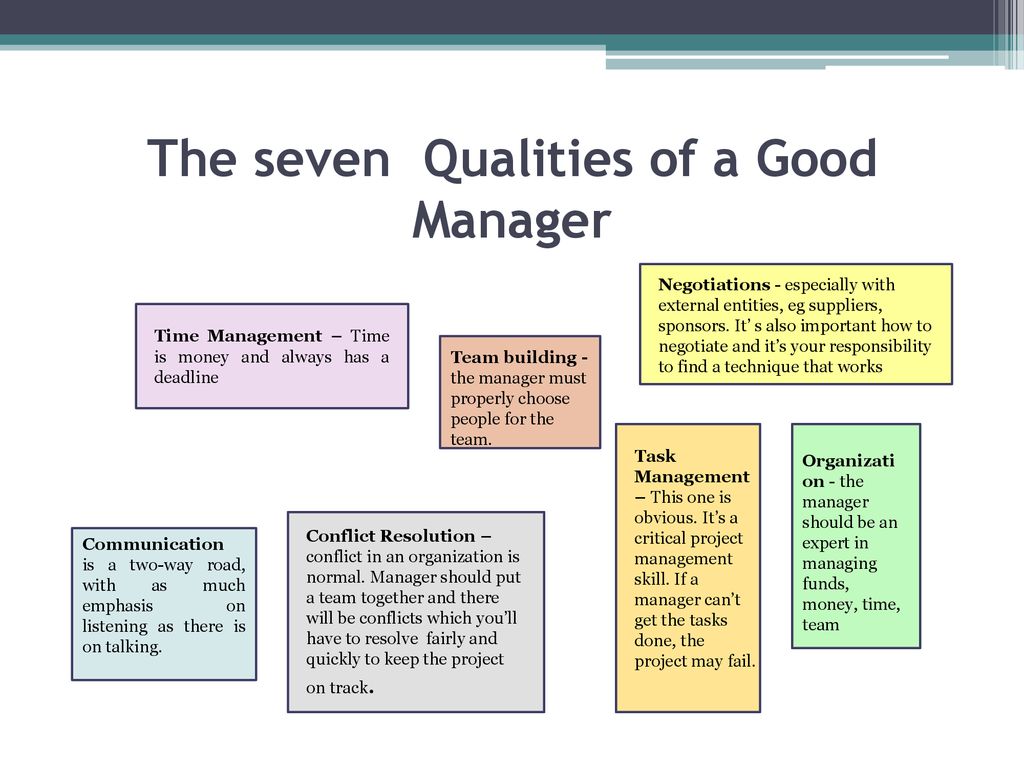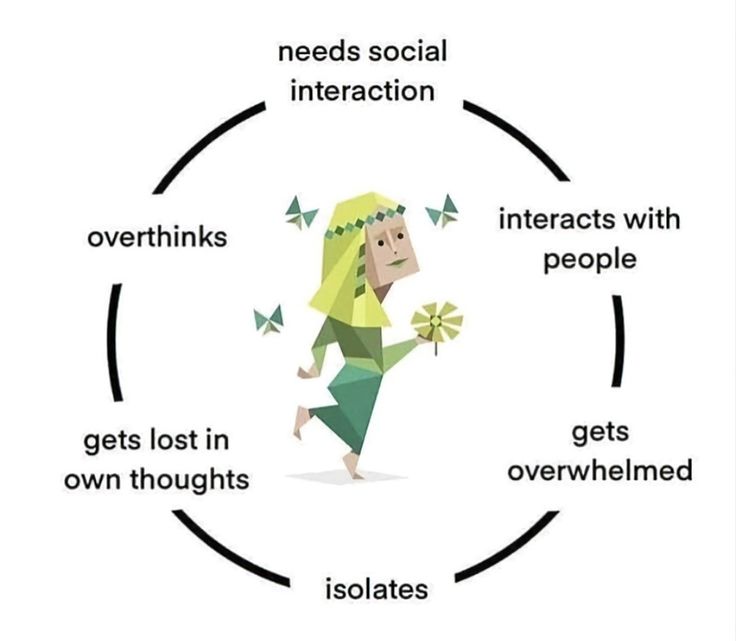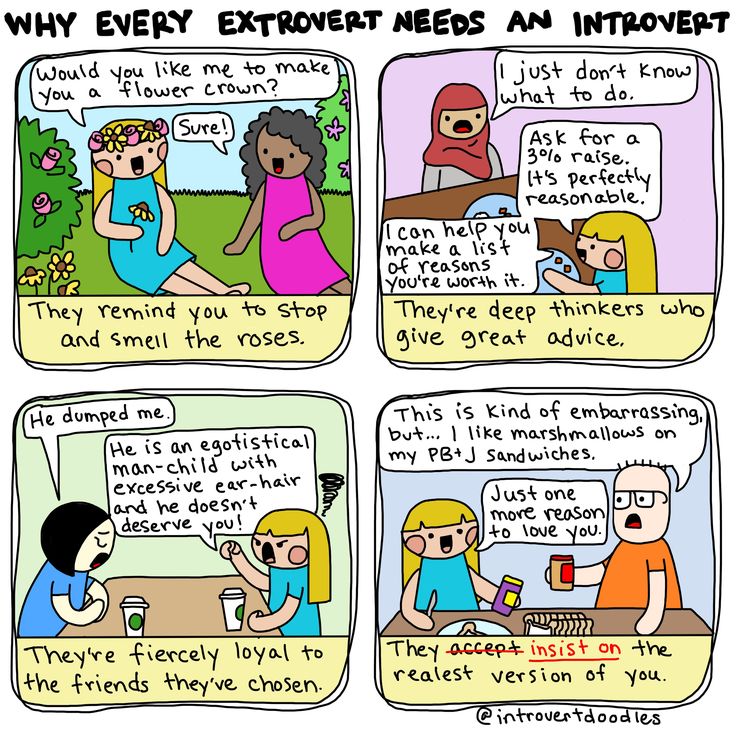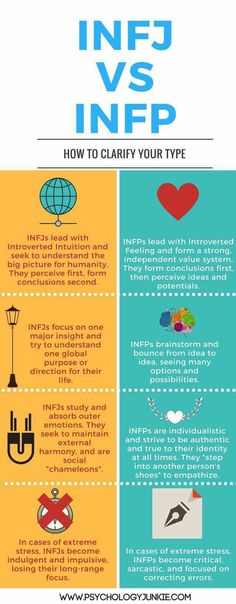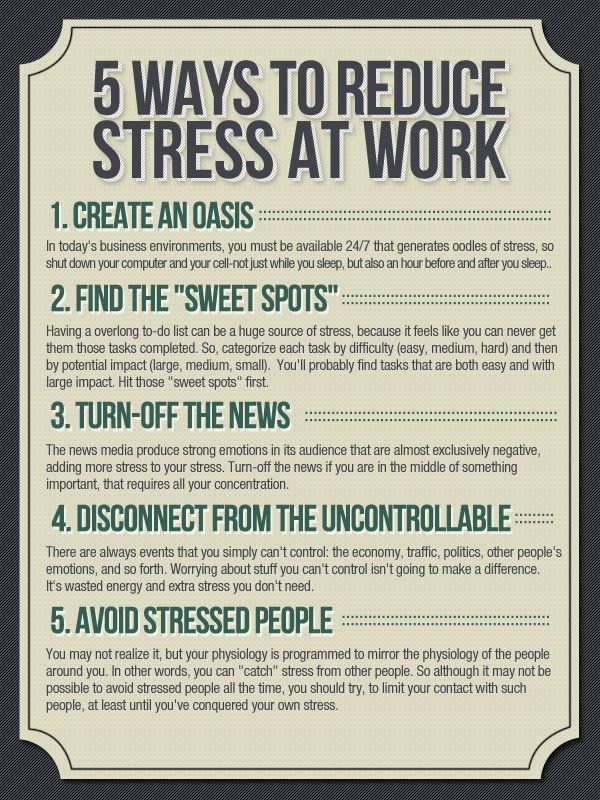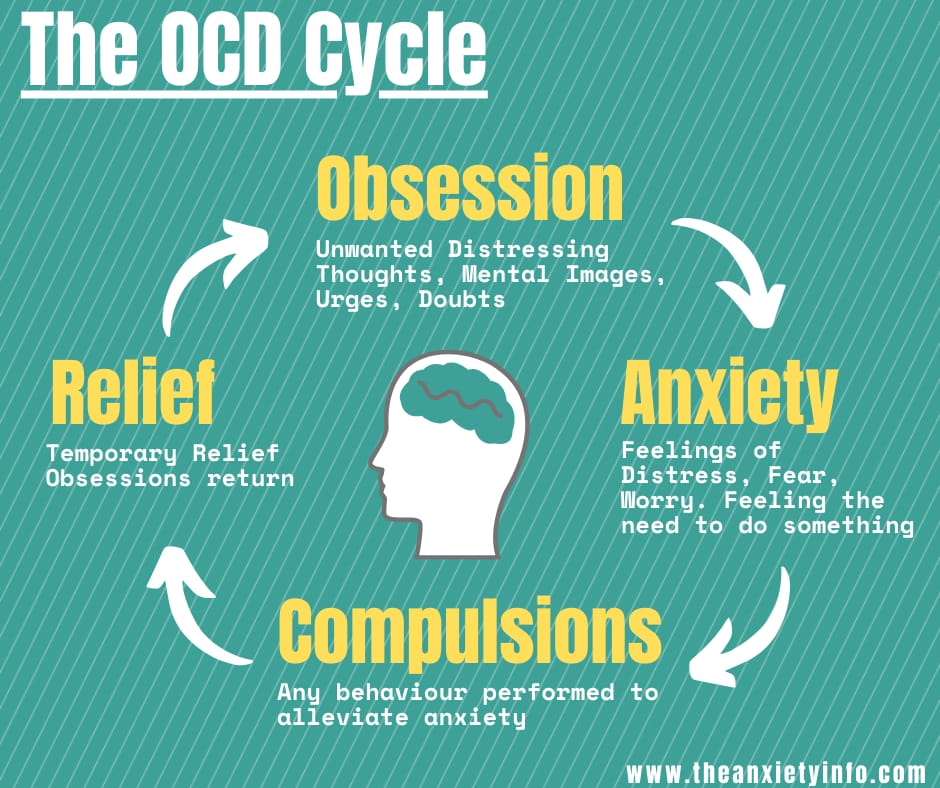Characteristic of a good counselor
12 Traits of an Effective Counselor
Education plays a vital role in allowing you to pursue your dream career of becoming a counselor. However, there are some skills you need to learn outside the classroom that will have a tremendous impact on your ability to work with clients and truly help them.
Let’s walk you through some critical traits you want to build to be ready to help clients.
The Qualities of a Good Counselor
These soft skills and interpersonal skills of a counselor will go a long way in helping them excel in their position. Here are 12 key qualities of a good counselor that you should work to cultivate as a professional:
Communication skills
Communication skills will play a key role in your relationship with your clients. You need to know how to confidently set boundaries, communicate ideas, and provide guidance to the person before you without harshness or condemnation. Your communication should help patients understand they can trust you to listen and provide expert advice.
Patience
Patience will become a critical trait as a counselor. You will encounter clients who struggle to make progress or who make decisions that do not benefit them. As a counselor, you must have the patience to walk them through their struggles so that they can find their way to a healthier life.
Confidence
Counselors must be confident in the services they provide and how they help clients. When someone comes to you for help with a particular issue, you are there to provide them with clear guidance and assistance. As a professional, you should always look for ways to improve your skills and learn about some of the latest breakthroughs in the field. After all, confidence does not mean knowing everything there is to know. It does mean, however, understanding how to help your clients and coming to each session with a plan and confidence in your understanding.
Non-judgmental
Counselors also regularly meet with clients who have made choices that they do not agree with.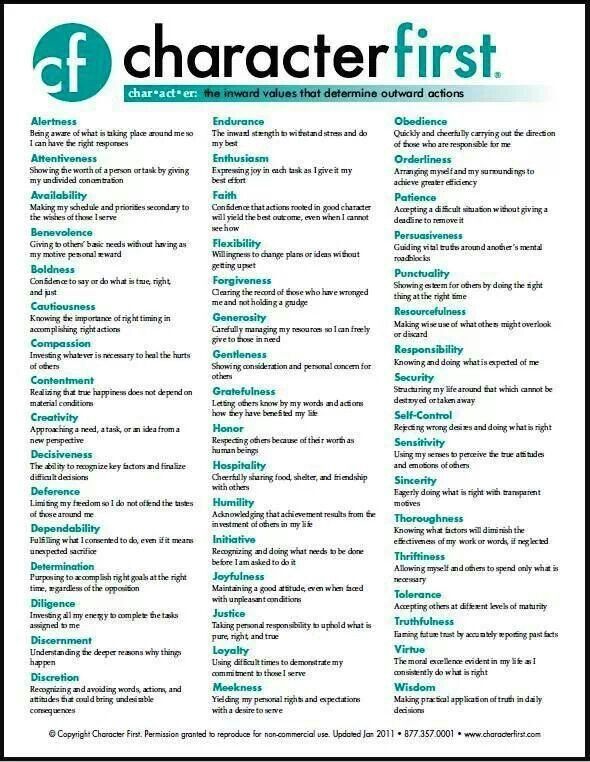 The counseling session, however, is not about letting the client know what they have done wrong. Instead, you want to focus on leading the client towards a future where they feel confident and empowered enough to make positive changes for themselves. If the client feels judged, it can put a major obstacle to the progress you can make together as a counselor and client. Instead, you want to nurture a relationship where the client feels comfortable being open.
The counseling session, however, is not about letting the client know what they have done wrong. Instead, you want to focus on leading the client towards a future where they feel confident and empowered enough to make positive changes for themselves. If the client feels judged, it can put a major obstacle to the progress you can make together as a counselor and client. Instead, you want to nurture a relationship where the client feels comfortable being open.
Observant
Sometimes, as a counselor, you will encounter situations where people might not tell you the entire truth. Your powers of observation, however, can help you fill in the gaps and find ways to better help your clients. Learning how to read body language—such as signs of struggles with substance abuse and indications of domestic abuse—can also provide you with valuable insight into your client. It will help you guide conversations and treatment plans so that you can help them in the most effective way possible.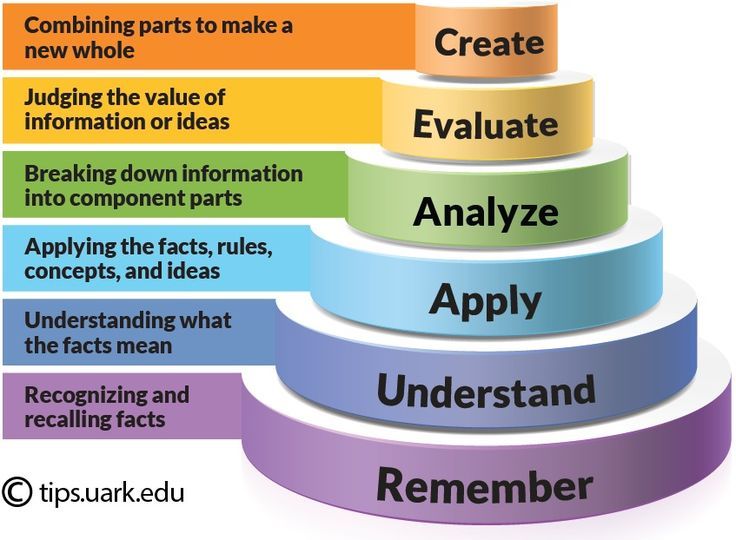
Listening Skills
Knowing how to sit and really listen to what your client has to say can help to establish trust and understanding between you and the client. The patient will feel relaxed and able to share their thoughts, emotions, and experiences. The information you gain as a listener can help you better understand your client and what has brought them to your office, so that you can start to determine their treatment path and how to help them.
Trust
Clients who come to your counseling door suffer in some way. Whether they struggle in their relationships with others, have a mental illness, or have a substance misuse problem, for example, your clients have to know that the person they choose to open up to is worthy of their trust. As a counselor, you need to let your client know they can trust you by using good listening skills, creating a welcoming environment, and demonstrating your dedication to helping them. Demonstrating your respect for important principles, such as confidentiality and showing that you prioritize them can also help build this trust.
Respectful
You also need to focus on showing your clients that you respect them as people. Shame can result in people being more at risk for mental health challenges, such as anxiety or depression. As a counselor, although you might not be able to prevent a person from being embarrassed by their actions, your response to such situations, and demonstrating respect regardless of their mistakes, can help guide them past their shame.
Acceptance
As a counselor, you also need to demonstrate an open and accepting attitude towards your clients. Everyone who comes into your office should know that you are ready to meet them where they are. You understand that they have experienced stress and trauma, but as an effective counselor, you accept them as they are and want to help them heal.
Self-aware
As a counselor, you also need to be well aware of your own struggles. For example, roughly 1 in 7 children experienced some type of abuse or neglect in the past year alone.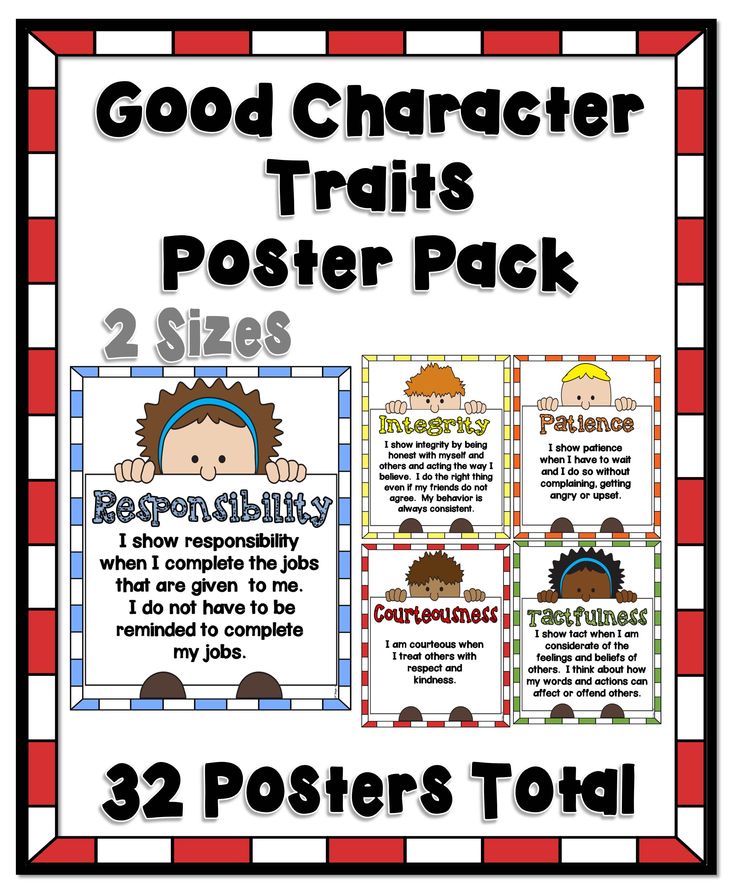 When dealing with these common sources of trauma, the issues your clients struggle with may also be issues you have intimate experience with, either personally or through someone you are close to. As a counselor, you must have the self-awareness necessary to know how these stories might impact you and how to separate your own experiences so that you do not allow them to impact the care you provide. Many counselors report that their own experiences have encouraged them to enter the field, so know how you can use these experiences to strengthen your own practice, rather than allowing it to become a hindrance.
When dealing with these common sources of trauma, the issues your clients struggle with may also be issues you have intimate experience with, either personally or through someone you are close to. As a counselor, you must have the self-awareness necessary to know how these stories might impact you and how to separate your own experiences so that you do not allow them to impact the care you provide. Many counselors report that their own experiences have encouraged them to enter the field, so know how you can use these experiences to strengthen your own practice, rather than allowing it to become a hindrance.
Appreciating of diversity
You will encounter clients from all walks of life. They will likely come from a variety of different backgrounds culturally, ethnically, and socioeconomically. Differences in gender expression and identification, as well as sexuality, will also come through your door. As a counselor, you must be welcoming of this diversity. Being appreciative of this diversity will help you be open and accepting to each client so you can give them the care they deserve.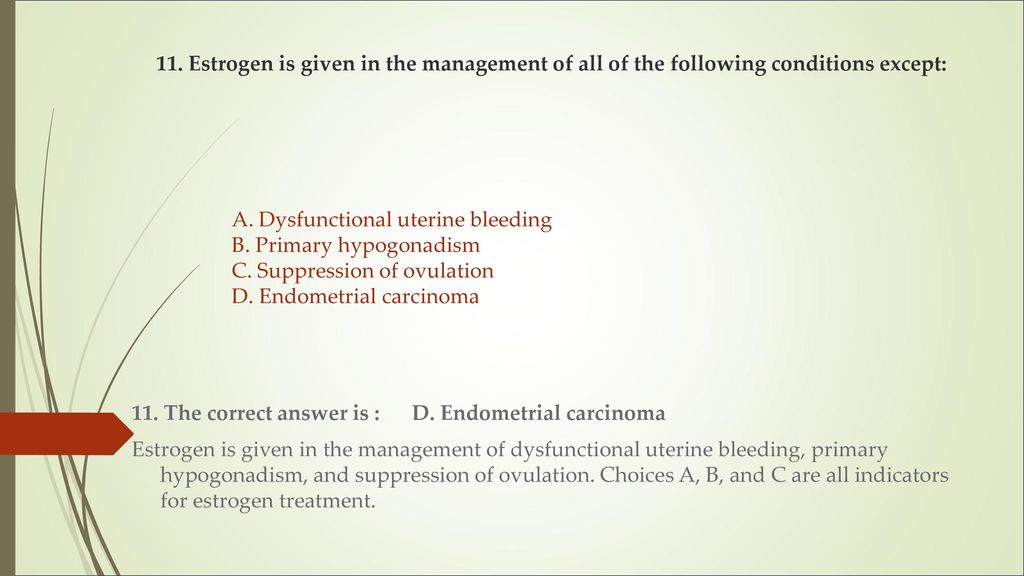
Empathetic
Finally, you want to make sure you are empathetic. While boundaries remain important, let your clients know your compassion and empathy for their situation. Demonstrate your dedication to guiding them through their struggles so that they can find their way to a healthier situation.
Preparing for Your Career as a Counselor
As a counselor, you have the chance to change people’s lives, help them navigate the challenges they face, and equip them with the tools they need to move forward. When you work to harness these important traits as a part of your training, you will find that you can greatly increase the effectiveness of your practice and the bond you form with clients.
To help you become the best counselor possible, focus on cultivating these skills while you prepare with a rigorous education like the online master’s in human services counseling at Post University. With online options that help you earn your degree on your schedule, you can prepare to take the next step in your career.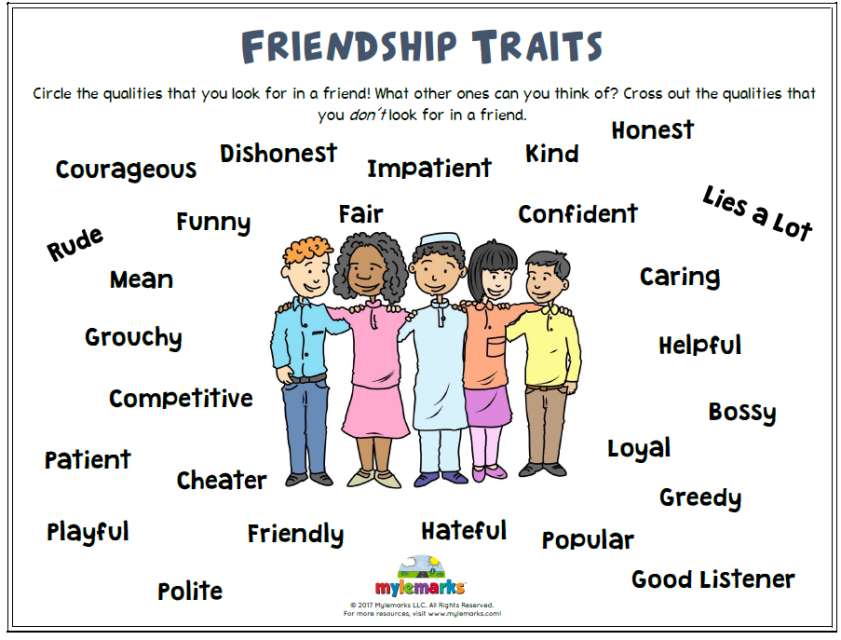
Thank you for reading! The views and information provided in this post do not reflect Post University programs and/or outcomes directly. If you are interested in learning more about our programs, you can find a complete list of our programs on our website or reach out directly!
7 Characteristics of an Effective Counselor
For those looking to become a counselor, here is a brief list of skills and qualities good counselors have.
A career in counseling gives licensed professionals the opportunity to help those who are coping with loss, depression, anxiety, addiction, relationship issues, and other everyday mental health struggles. In order to be an effective counselor, there are many characteristics that one must possess.
Whether you’re a counseling degree student, a licensed counselor, or even if you’re starting your own counseling practice, here are some characteristics that can make an effective counselor.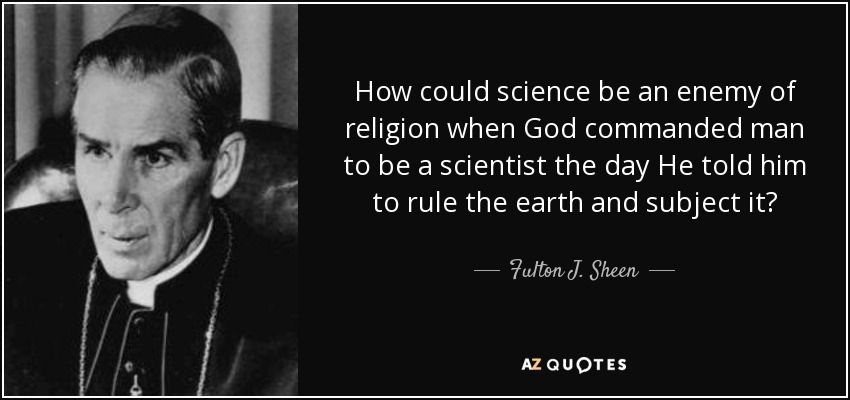
1. Be organized within your practice
Effective counselors prioritize organization in their practice, which makes it much easier to provide effective counseling to both new and existing clients. Organization of paperwork, scheduling, and proper storing of confidential information will give your clients peace of mind and confidence in your counseling process. While providing your clientele with a greater sense of well-being from your organization, an effective and organized counselor will also experience a greater sense of wellness and balance within themselves, which will allow space for a more effective counseling process.
2. Practice ethically and professionally
Due to the power differential that may often be experienced in the counseling relationship, an effective counselor needs to be able to understand their duties as an ethical professional. Doctoral and master’s degree programs will include courses focused solely on ethics in healthcare, more specifically in mental health. Beyond classroom education on ethics, there are many resources for counselors to understand the ethics of the profession. Some resources include the American Counseling Association Code of Ethics, ASERVIC competencies, and mental health statutes that vary from state to state.
Beyond classroom education on ethics, there are many resources for counselors to understand the ethics of the profession. Some resources include the American Counseling Association Code of Ethics, ASERVIC competencies, and mental health statutes that vary from state to state.
3. Educate yourself
If you are on the path to earning a degree in clinical mental health counseling, you’re already moving forward with one of the most important, and necessary steps needed to take to become an effective counselor. Alongside clinical experiences in the counseling field, counselor education helps mental health professionals be able to extend the scope of their work. Another great way to gain experience is to attend a counseling conference, such as the ACA Conference. Study hard, ask a lot of questions, and get all the experience you can while earning your undergraduate, Master of Arts in Clinical Mental Health Counseling, or doctoral degrees.
4. Be confident in your position and responsibility
Whether you’ve been a licensed professional counselor for 20 years or you’re new to the profession, you must maintain confidence in your work.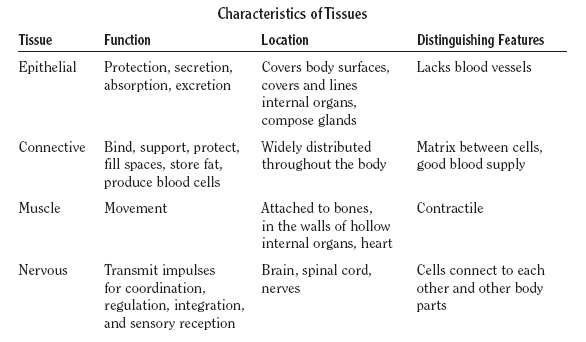 A client is looking to you for help, so use your education and experience assuredly. Good clinical supervision is also suggested and necessary to maintain competence and to review situations that may happen in practice that can lead to further education and confidence in the application of counseling skills.
A client is looking to you for help, so use your education and experience assuredly. Good clinical supervision is also suggested and necessary to maintain competence and to review situations that may happen in practice that can lead to further education and confidence in the application of counseling skills.
5. Be respectful and non-judgmental
According to the ACA Code of Ethics, “Counselors are aware of — and avoid imposing — their own values, attitudes, beliefs, and behaviors” (A.4.b). As a counselor, you must respect each client’s beliefs and struggles, and never assert your personal values or beliefs. Self-disclosure must be used appropriately and in necessary situations to further build out the therapeutic relationship. Research shows that the therapeutic alliance or therapeutic relationship is one of the strongest predictors of success. A good therapeutic relationship is often defined as having trust, agreement on therapeutic goals formulated together on a treatment plan, and a collaborative approach to working towards those goals.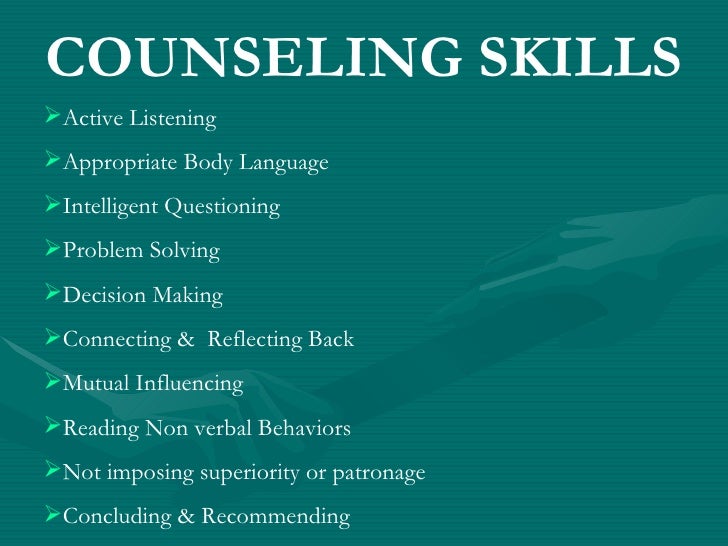
6. Understand the importance of communication
Every client is different, you may have some that need time to warm up to you, while some aren’t afraid to divulge their life story from the start. An effective counselor must understand that communication needs to be personalized to each client. Interpersonal skills go beyond the context of therapy itself. Consider differences in ethnicity, culture, and background, and be self-aware of personal biases that may hinder or create barriers within the therapeutic relationship. When there is a cultural difference, one can combine this characteristic with that of educating oneself, and seek out the necessary clinical supervision or take education training to gain the necessary education to effectively communicate with clients that may have different beliefs or cultural experiences. If the communication barrier still remains after seeking out supervision and additional training, an effective counselor must consider the option of a more appropriate referral outside of one’s private practice.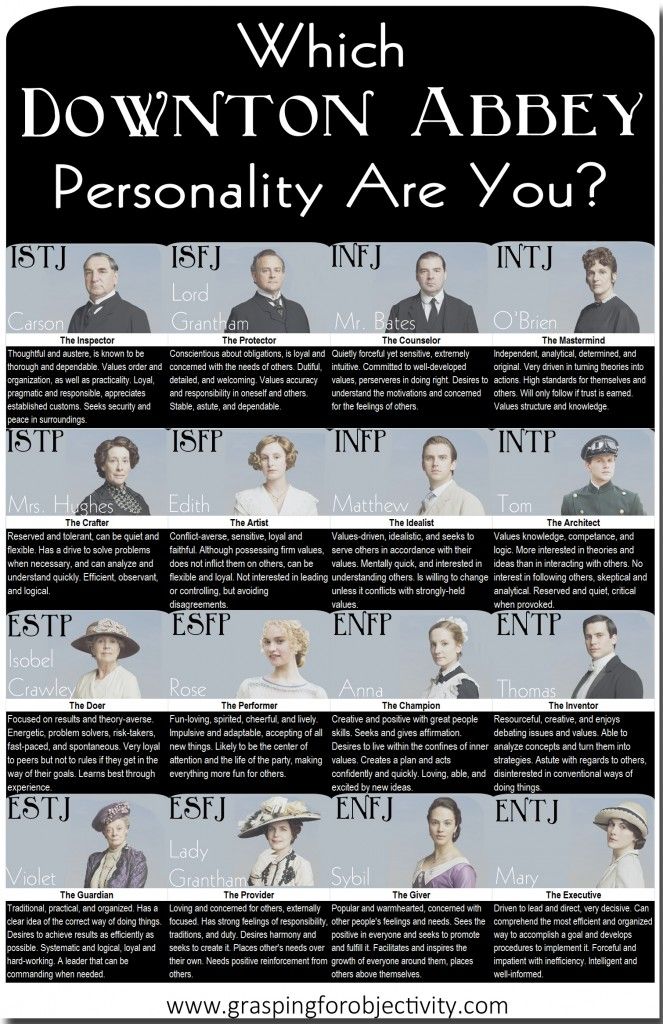
7. Have a flexible attitude
When working as an effective counselor, you will have to be accommodating to the unpredictability of your clientele. Some clients will be late or may cancel, along with clients that are seeking an emergency session. An effective counselor must possess a flexible attitude and unconditional positive regard to ensure your clients feel safe and understood, which in turn becomes beneficial for the development of the therapeutic alliance.
Ready to earn a degree in counseling? Learn more about CCU’s counseling programs.
Learn More7 main qualities of a good leader
7 main qualities of a good leader | Big Ideas Personal qualities and skillsArticle published in Harvard Business Review Russia Boris Groysberg
Which managerial skills are of most interest to companies? What has changed in this set over the past decade, and what will change in the next? To find out, in 2010 I surveyed five of the world's most famous executive recruiting companies.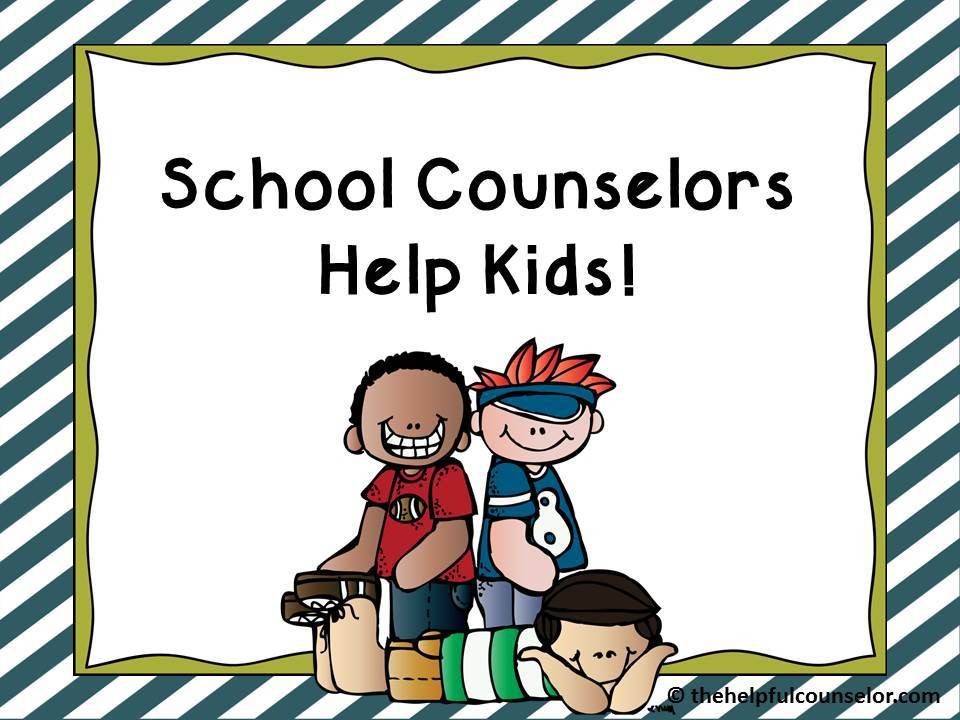 Experienced HR consultants interview hundreds, if not thousands, of applicants, evaluate their leadership skills, track their clients' careers over the years, and often help them move to the next and third position. They also observe how these executives negotiate, what points of the contract are most important to them, and why they decide to change companies (read the April issue of HBR in the article "Head: person and function" ).
Experienced HR consultants interview hundreds, if not thousands, of applicants, evaluate their leadership skills, track their clients' careers over the years, and often help them move to the next and third position. They also observe how these executives negotiate, what points of the contract are most important to them, and why they decide to change companies (read the April issue of HBR in the article "Head: person and function" ).
As a result, it was possible to identify seven skills or character traits that are most valued by companies:
- Leadership. This quality is considered absolutely necessary for all senior managers, not just for the CEO. One human resources specialist described the search for the head of the information department as follows: “Before, special knowledge would come first, but now they are paying more attention to leadership skills than to technical ones.” What kind of leadership is required - experts disagreed on this issue, who called it “inspiring leadership”, who called it “non-authoritarian leadership corresponding to modern leadership talents”, “responsible” leadership, “leadership as a combination of sincerity, respect for others and the ability to build trust in the team” , there was also a variant of "strategic leadership".
 Ethical leadership was mentioned. Some experts noted that the type of leadership is determined by the needs of a particular company. “If a firm is growing rapidly, exploring new horizons or strategies, it needs a visionary leader,” answered one of the respondents. Another elaborated: “Responsible leadership is the ability to take an organization as a whole or some of its functions to new heights.” There have also been predictions: for example, that in 2020 companies will look for “the same [same qualities as in 2010] and even more value the ‘indelible’ qualities of a leader and the experience of rescuing businesses in difficult times.”
Ethical leadership was mentioned. Some experts noted that the type of leadership is determined by the needs of a particular company. “If a firm is growing rapidly, exploring new horizons or strategies, it needs a visionary leader,” answered one of the respondents. Another elaborated: “Responsible leadership is the ability to take an organization as a whole or some of its functions to new heights.” There have also been predictions: for example, that in 2020 companies will look for “the same [same qualities as in 2010] and even more value the ‘indelible’ qualities of a leader and the experience of rescuing businesses in difficult times.” - Strategic thinking and leadership. "Strategic foresight", the ability to think strategically and globally, was often mentioned. One consultant highlighted the ability to "set strategic direction", another identified strategic thinking with "integrated leadership". It was also emphasized that strategic thinking also implies the ability to realize a vision or dream (one respondent called this quality "executive savvy", another - "high standard of work").
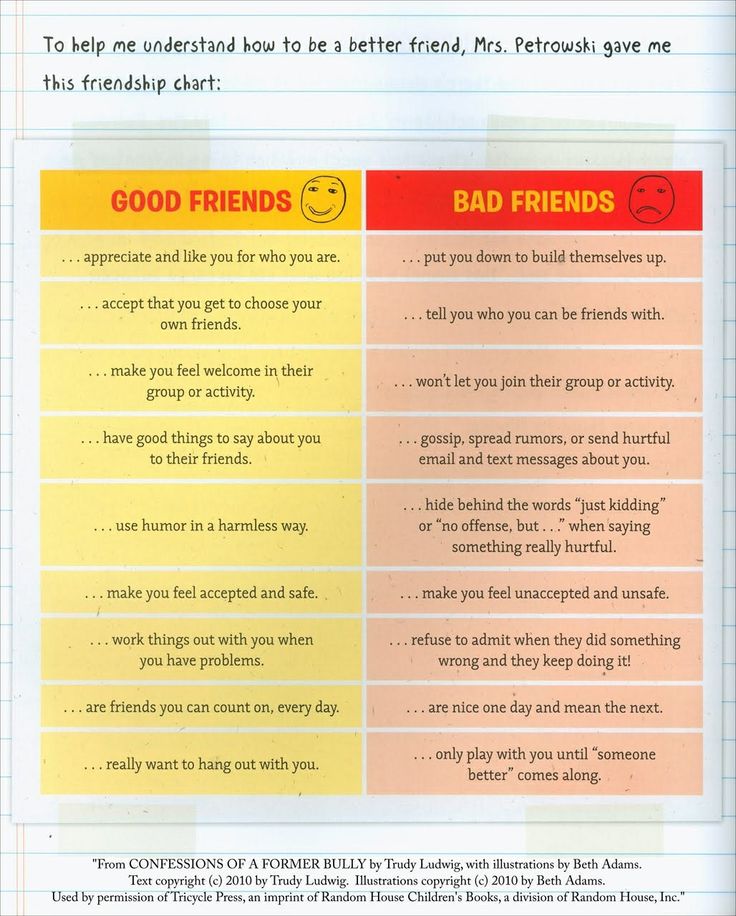 One HR specialist recalled that strategic thinking is a relatively new requirement for senior managers, and the second confirmed that interest in this quality flared up relatively recently: in the last decade, in 2000-2010.
One HR specialist recalled that strategic thinking is a relatively new requirement for senior managers, and the second confirmed that interest in this quality flared up relatively recently: in the last decade, in 2000-2010. - Technical and technological skills. In third place among the most sought-after qualities of a senior manager are technical skills, especially full knowledge in the specific area that is in their competence - for example, in the field of law, finance or IT. In particular, respondents singled out technical and technological literacy. “A top manager needs to understand what role technology plays in their organization and how to apply it,” said one specialist. Others insisted on financial knowledge and skills "specific to the industry." Contrary to popular belief, the importance of many technical skills is not declining, but, on the contrary, is increasing.
- Ability to build relationships and create a team. Many consultants look for qualities in applicants that contribute to the organization of an ideal team: the ability to not only gather, but also lead people so that the team works smoothly.
 “A world-class leader must put together a team that is exceptionally strong in terms of leadership and lead it further. No one wins alone,” warned one of the respondents, while another added that a modern leader should “be guided not by his own interests, but by the development of the team.” “Bosses don’t sit in offices anymore,” said one consultant, they should become “team-oriented, constantly multi-task, lead without rank or regalia, endure stress, take care that subordinates do not burn out, all with a big smile on your face, in a shared and open office." Another respondent described a modern company as a whole as a well-coordinated team, and called the main responsibility of the leader “to lead and develop its team, starting from the senior level and ending with the “rank and file””.
“A world-class leader must put together a team that is exceptionally strong in terms of leadership and lead it further. No one wins alone,” warned one of the respondents, while another added that a modern leader should “be guided not by his own interests, but by the development of the team.” “Bosses don’t sit in offices anymore,” said one consultant, they should become “team-oriented, constantly multi-task, lead without rank or regalia, endure stress, take care that subordinates do not burn out, all with a big smile on your face, in a shared and open office." Another respondent described a modern company as a whole as a well-coordinated team, and called the main responsibility of the leader “to lead and develop its team, starting from the senior level and ending with the “rank and file””. - The ability to present oneself and communicate. Experts all agreed that the ideal leader must have the gift of persuasion and the ability to present himself and his ideas: "the intellectual ability to communicate with the widest range of stakeholders," as one of my interlocutors put it.
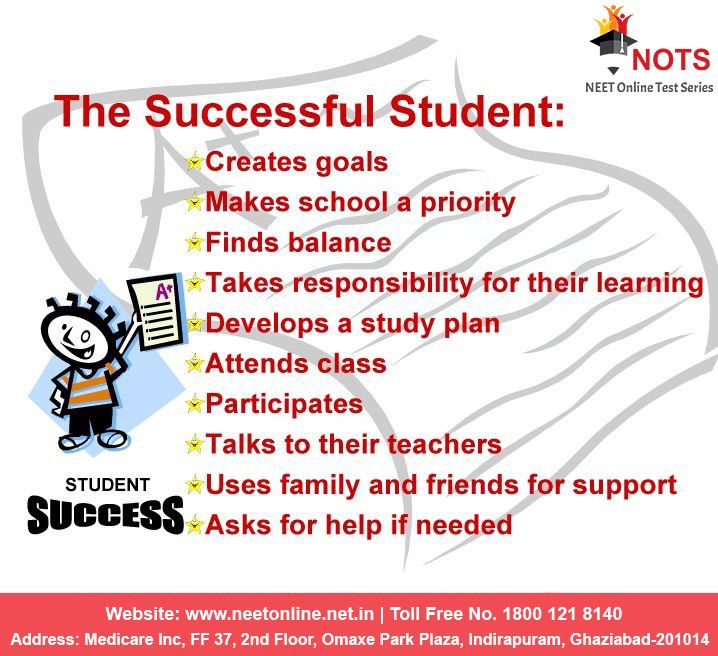 The task is not an easy one, because now there are much more interested people than before. It takes a great deal of flexibility of mind and style to persuade a wide variety of audiences, both knowledgeable and uninformed, inside and outside the company, friendly or skeptical. Some experts believe that the best applicant should be ready to serve on the board of directors, others emphasized the ability to "influence the development of the business and the work of the client department" or increase the "value of the organization" as such. Also, senior managers must maintain good relationships outside the company. “The ability to present oneself has become a key to success,” one of the respondents argues, “and in the future its importance will only increase, as the media, state bodies, employees, stockholders, and legislators are interested in the life of big business.” There was also a warning: leaders would "speak to an unyielding audience." And finally, senior managers must be receptive to new information and be able to analyze it.
The task is not an easy one, because now there are much more interested people than before. It takes a great deal of flexibility of mind and style to persuade a wide variety of audiences, both knowledgeable and uninformed, inside and outside the company, friendly or skeptical. Some experts believe that the best applicant should be ready to serve on the board of directors, others emphasized the ability to "influence the development of the business and the work of the client department" or increase the "value of the organization" as such. Also, senior managers must maintain good relationships outside the company. “The ability to present oneself has become a key to success,” one of the respondents argues, “and in the future its importance will only increase, as the media, state bodies, employees, stockholders, and legislators are interested in the life of big business.” There was also a warning: leaders would "speak to an unyielding audience." And finally, senior managers must be receptive to new information and be able to analyze it.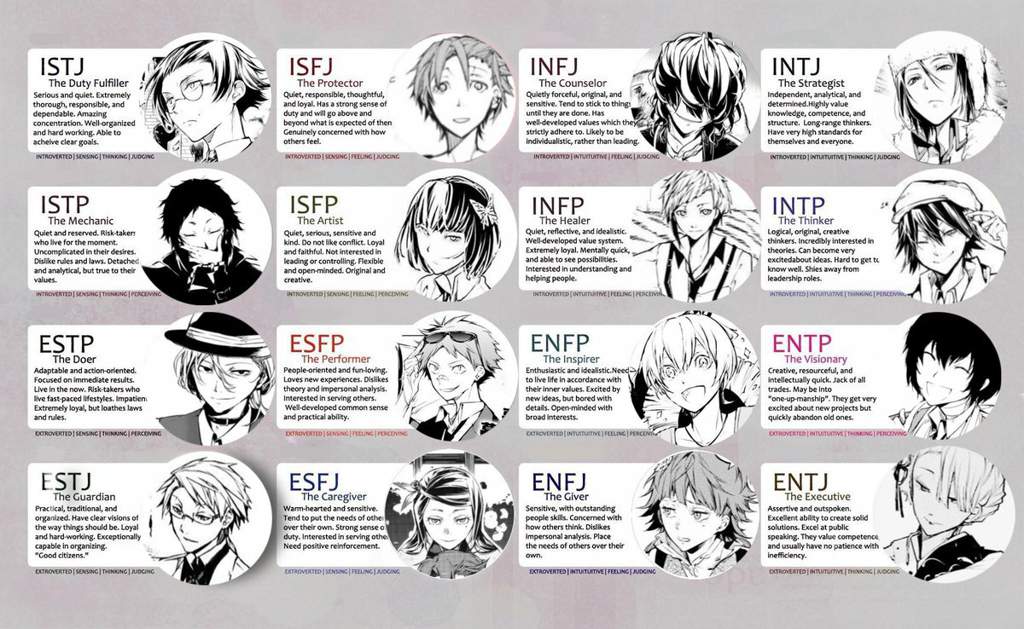
- Change management. There is a growing demand for the ability to manage change, a quality that, until recently, was not recognized or valued as such. Human resources specialists noted that they are increasingly tasked with finding a candidate who would be an “engine of change”, who could bring about “transformation or reform”, who would rally the team for “decisive change”. One thoughtful consultant said that "managing change" in this position usually refers not so much to a willingness to make radical, company-wide reforms as to the ability to constantly live in a fluid and transitional state. “A leader must be an 'agent of change',” he explained. “It must be set up for continuous improvement, constant networking, process and systems development, commercial relationship improvement, market share growth, leadership development.” Another consultant opined that a company looking for a change agent often prefers an outsider because they "bring new skills and a new mindset that will lead to significant positive change and growth.
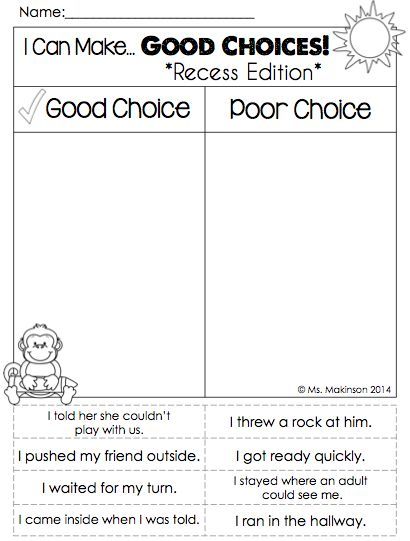 "
" - Honesty. Of course, honesty is not a special skill, but the reputation of a person who always observes ethical standards is valued, according to the experts we interviewed, very, very highly. One of them even said that "ethics beyond doubt" is required. Another recalled that earlier this was not emphasized, but now the issue of reputation has come to the fore”: “Personal honesty, ethical standards ... have become much more important, because information has become distributed much faster.” Another comment: "Organizations test the 'eligibility' of candidates for leadership positions from the point of view of investors, legislators and government agencies."
We also asked recruiters what they think has changed in this range of managerial skills and what changes they envision. In the responses, the global approach and experience of international work came to the fore. Another interesting observation: the cult of stars is a thing of the past.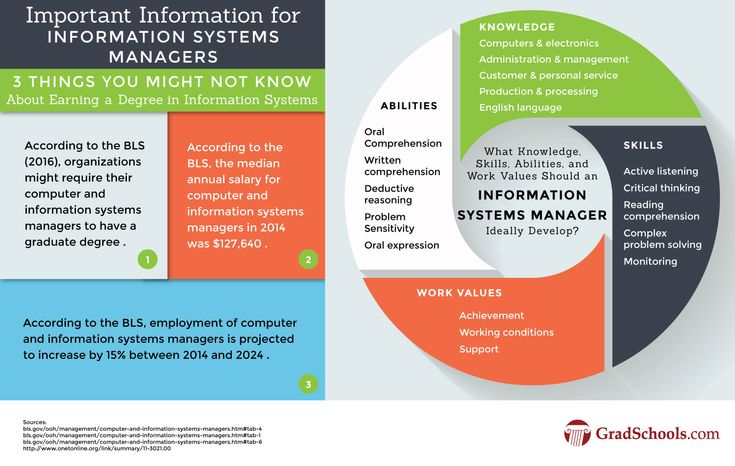 Now it is more important to be a team player, to play with others - and over time this will become increasingly important. Team skills and change management shared second place among leadership qualities valued today but neglected ten years ago. One consultant illustrated his point with a real-life example: “Recently, I was assigned to recruit a manager for a branch of an international company. The previous one was fired because he was considered too authoritarian, he did not provide his team with opportunities for growth. The managers filed a complaint with the management, and a decision was made to replace it.”
Now it is more important to be a team player, to play with others - and over time this will become increasingly important. Team skills and change management shared second place among leadership qualities valued today but neglected ten years ago. One consultant illustrated his point with a real-life example: “Recently, I was assigned to recruit a manager for a branch of an international company. The previous one was fired because he was considered too authoritarian, he did not provide his team with opportunities for growth. The managers filed a complaint with the management, and a decision was made to replace it.”
We advise you to read
The irresistible force of the life plot
Anthony Tien
You know less - you achieve more
Irina Gusinskaya
The force of non -abnormal leaders
Mukunda
Corporate idioms: how not to hit mud in mud in mud in mud in mud in mud in mud in mud in mud.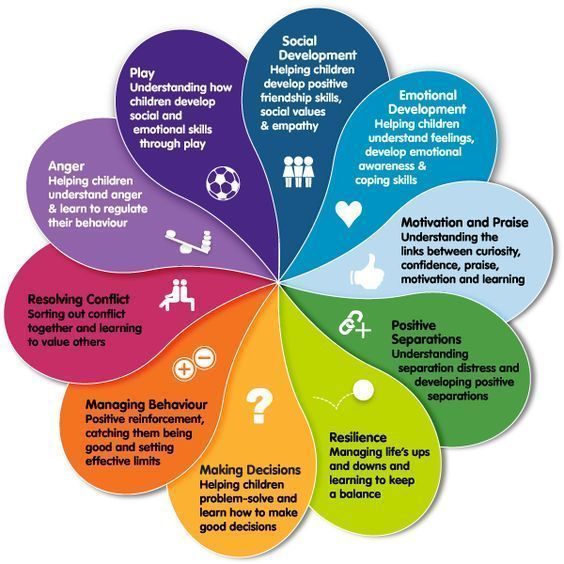
About the Author
Boris Groysberg is Professor of Business Administration at Harvard Business School and Fellow of the Gender Equality Program. Co-author (with Colleen Ammerman) of Glass Half-Broken: Shattering the Barriers That Still Hold Women Back at Work (Harvard Business Review Press, 2021).
Log in to read full article
We advise you to read
Courage - make a bad meeting
Dan Burrier
Ecumenical construction
Nico Kharchilava
7 ways to send a conversation
Katlin Riiardon
“I have a lot of things” top manager avoids communication
Anna Chekhomova
Personal qualities in the resume-examples of 2022. Personal qualities for a resume
In order to interest the employer, it is important to correctly present yourself as a future employee. Describe your qualities in your resume. We show how to do this with specific examples.
Describe your qualities in your resume. We show how to do this with specific examples.
Contents
What personal traits to include in the CV
Human Resources carefully examines the personality traits in job applicants' resumes. For an employer, personal characteristics are important. They demonstrate the attitude of a potential employee to job functions.
The applicant for the position includes in the document a description of the strengths of the employee that will be of interest to the potential employer. The description should not be too detailed, the information is presented briefly, concisely, focusing on the main benefits.
Personal characteristics are presented honestly, as any deceit will become apparent during the interview process and jeopardize the opportunity to get a job. It is better not to indicate anything than to ascribe non-existent features to oneself.
Employers traditionally include in the list of positive qualities of a person for resumes properties that characterize attitude towards:
- oneself;
- colleagues;
- labor activity;
- things.
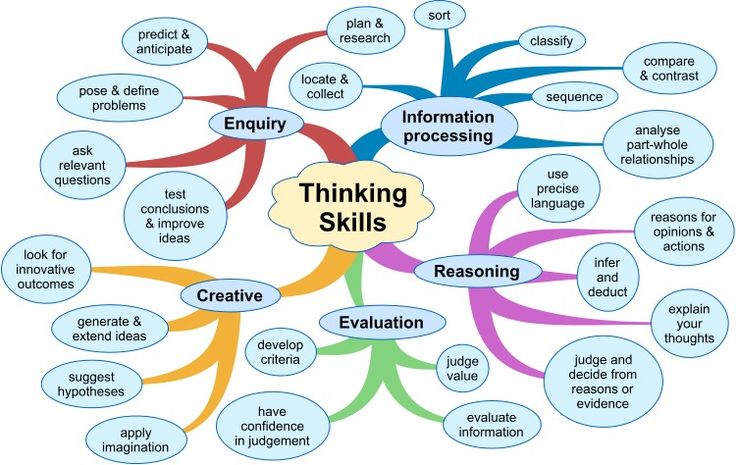
What to write in a CV about personal characteristics, the following information will help you understand:
| Relation type | Positive properties |
|---|---|
| To myself | Self-criticism Ambition Demanding Self-confidence |
| To colleagues | Sociability Politeness Willingness to help Openness Ability to work in a team Stress resistance |
| To labor activity | Liability Mindfulness Punctuality Multitasking Initiative Discipline Organizational skills |
| To things | Accuracy Thrift |
The strengths of employees in different areas of activity are different. Check out this helpful example of how to describe your qualities for resumes for job applicants in various professions. If communication skills are important for a consultant and sales manager, then for an accountant or a driver this is a negative trait that only interferes with work.
Check out this helpful example of how to describe your qualities for resumes for job applicants in various professions. If communication skills are important for a consultant and sales manager, then for an accountant or a driver this is a negative trait that only interferes with work.
Things not to mention
Job applicants usually do not provide information about their weaknesses, unless the employer requires it. If the requirement is established, then the candidate should be careful when talking about negative character traits.
The list of properties that indicate depends on the position. An office worker, for example, should not mention love for children in a document, and sociability is not a strong point in professions that require focus and attention. The mention of an attractive appearance or athletic physique is appropriate only if a person is applying for positions for which this is important.
This is how the list of personal qualities in the resume for a woman applying for the position of secretary looks like:
- organizational skills;
- competent written and oral speech;
- neatness;
- execution of instructions on time;
- maintaining self-control in difficult situations;
- conscientious attitude to labor duties;
- individual approach to clients;
- high level of labor productivity;
- discipline;
- flexibility of thinking;
- dynamism in the execution of instructions;
- good diction;
- the ability to listen.

And this is a list of personal qualities for the resume of a man applying for the position of manager:
- ability to coordinate work;
- ability to organize employees;
- good analytical skills;
- flexible thinking;
- consistency;
- objectivity;
- ability to work in a team;
- energy;
- self-control in difficult situations;
- personal approach to clients;
- focus on high results;
- purposefulness;
- exactingness.
The CV does not mention:
- negative aspects that hinder successful work;
- negative features for a particular specialty;
- features that are not required for work in the specialty in question.
Thus, the decision on what personal qualities for a job resume should be indicated, the candidate makes, based on the specifics of the desired position and the requirements for it established by the employer.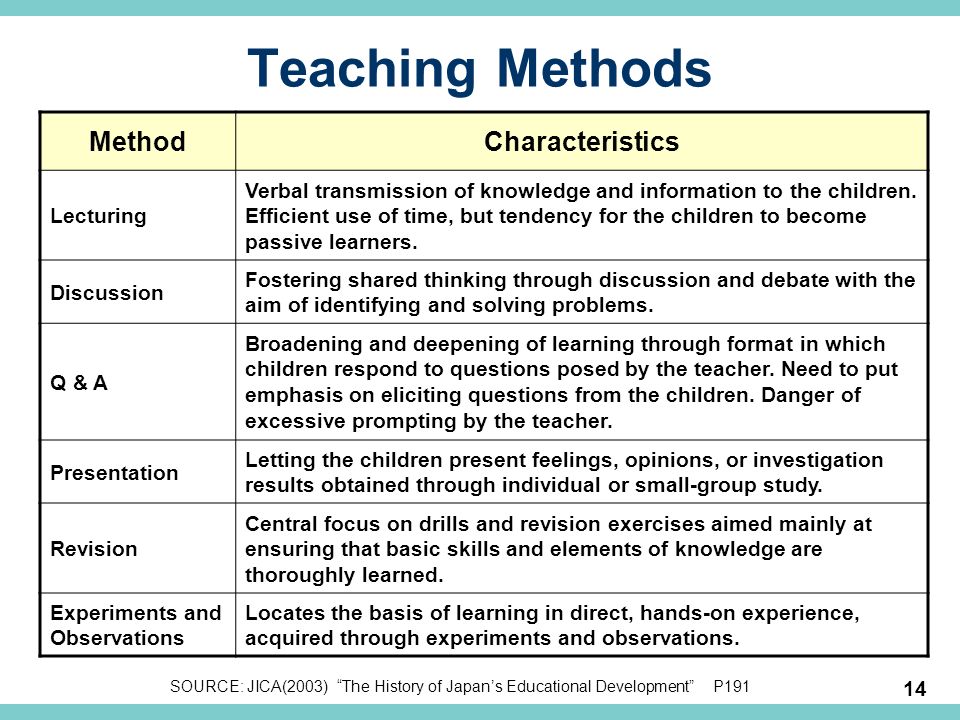
Experts ConsultantPlus figured out how to refuse a job seeker. Use these instructions for free.
Get access to ConsultantPlus for reading (free for 2 days)
How to describe personal characteristics
An applicant who correctly formulated the list of personal and professional characteristics for the desired position is more likely to be employed.
The decision on what qualities to write in a resume is made in accordance with the requirements established for functional duties.
When describing strengths, mention features that reflect personality characteristics. Do not overestimate or underestimate the level of self-esteem. Objectively evaluate yourself and highlight those traits that are required for a particular job.
By using typical language such as "ambitious", "purposeful", you automatically get into the list of the same candidates. Employees of the personnel department do not focus on banal phrases. Avoid using the particle "not": its use has a negative connotation.